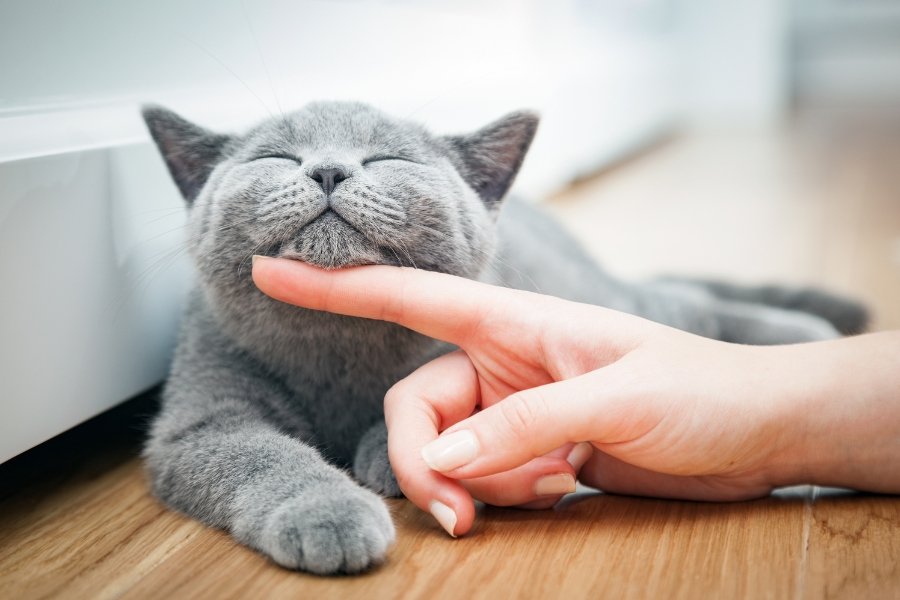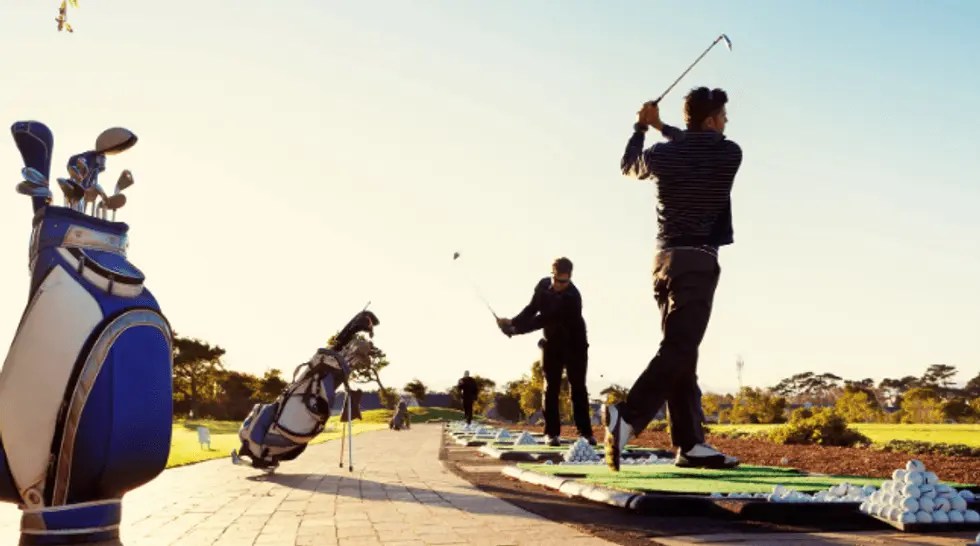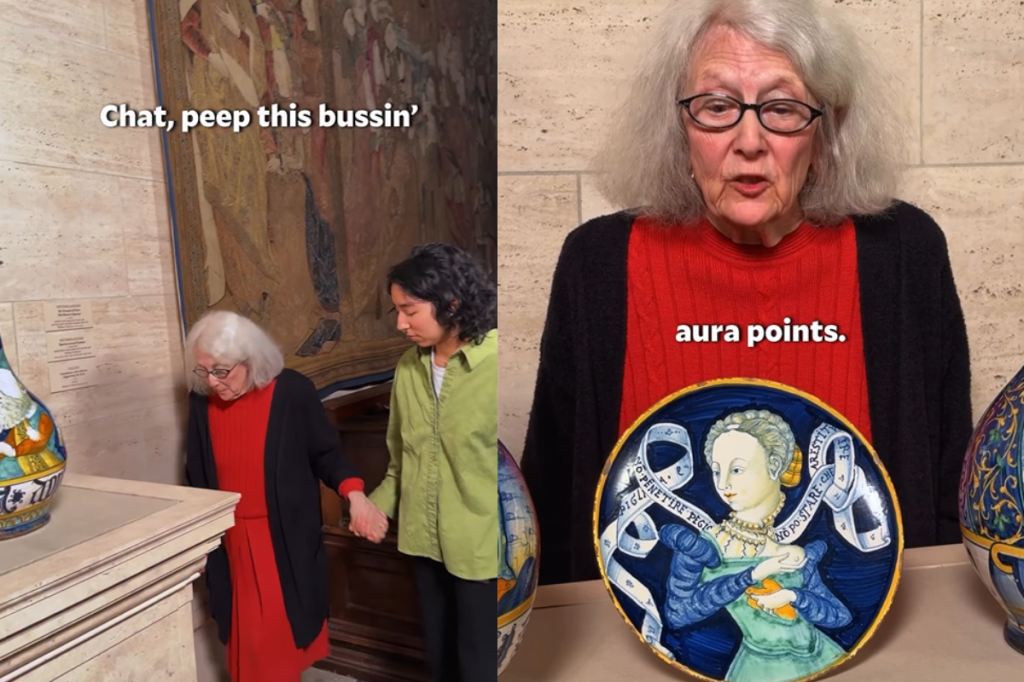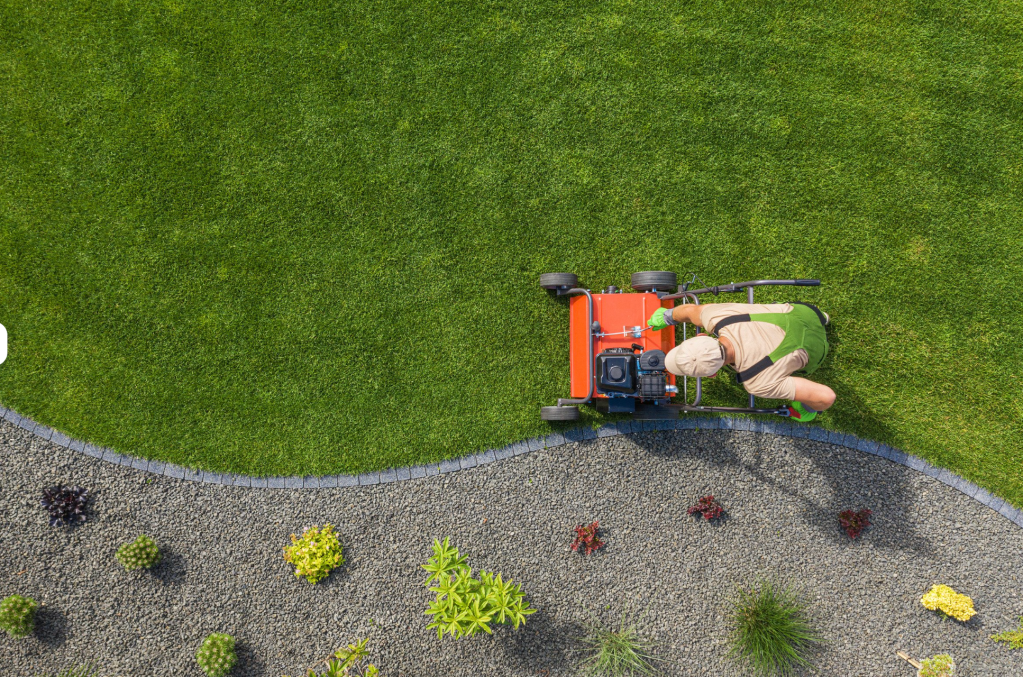Anyone who’s had a cat knows how bringing a feline friend into your life makes a huge impact in both positive and not-so-positive ways. Our pet cats might bring us great delight, but they also come with some quirks, oddities and other things people who are thinking about getting a cat should prepare for.
That’s why when someone asked, “What does one need to know before getting a cat?” on Reddit, thousands of cat owners chimed in with information and advice.
In generations past, cat were seen as largely self-sufficient. That’s still somewhat true in comparison to dogs, but we’ve learned a lot more about cats that has changed (and improved) the way cat owners care for their kitties.
Here are the main things people say those considering getting a cat should know before committing:
Cats come as they are
People often joke about how their cats are oddballs, but it’s a universal truth. Cats are quirky. If you’ve never had a cat and think they don’t have much personality, you’re entirely mistaken.
“Every cat has its own personality. It might not match your expectation.”
“Every cat is at least a bit of a psychopath.”
“Cats are the best pets for people with control issues… Because nothing is going to give you non stop lessons in something you can’t control like a cat.”
“That their character is complete luck of the draw. You might get one who really enjoys humans…or one who hates them. Or one who only wants to be near them but not touched. Or one that will crawl on your lap every change it gets. You do not know what kind of cat you’ll get. If you’re willing to take that gamble….go ahead.”
“Cats have much stronger personalities than dogs do and often times can’t be trained out of that personality the way dogs can. If you get a kitten, it’s the luck of the draw whether you get a cat that’s very cuddly and affectionate or one that’s standoffish and doesn’t like to be pet. Even two cats who are raised identically together can be wildly different in how receptive they are to people. If you have a specific idea of what you want out of a cat, such as if you like a lap cat who likes to go to bed with you, you should look into rescuing adult cats who already have their personalities developed.”
Kittens choose violence
If you think kittens are cute and cuddly, you couldn’t be more right. But also, they have razor blades on their feet and they will tear your extremities apart with them.
“As babies they sometimes like violence.”
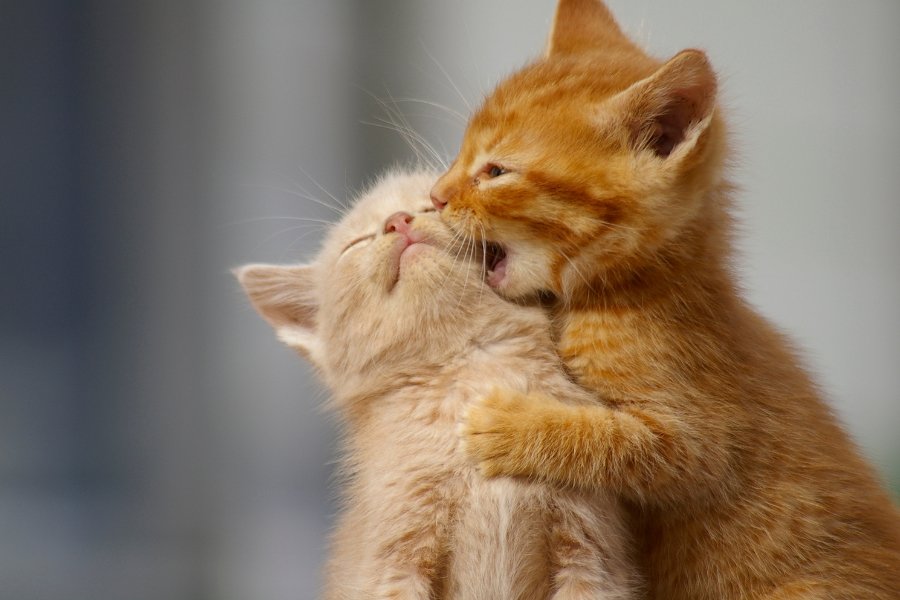
“Yeah, they start off cute and then bam—you’re covered in scratches, and it’s all because the sock looked at them wrong.”
“They come with factory installed murder paws.”
“They all like violence. You can never anticipate when they will choose violence.”
“Getting a second kitten will help with this!! They can be violent with each other and teach each other boundaries, rather than having one lonely violent kitten constantly slicing up your hands and feet.”
For creatures who seem so aloof, cats are surprisingly very routine-oriented and don’t like change much. Moving around furniture, going out of town or changing their feeding schedule can throw them off and cause stress.
“Cats are big fans of routines. They know when breakfast/dinner is, when playtime is and when you get home. If their routine is disrupted and these things happen sooner or later than they’re used to, they may get upset.
They’re also not fans of change in their environment. A new person or pet moving in, furniture being rearranged, new food, new litter, etc. can all unsettle a cat, make them feel unsafe and drive them to hide.”
“Don’t make abrupt changes. It is recommended that all changes should be subtle and in little steps. If you’re going to move its bowl, or the litter box, it is advised to do it slowly. They don’t react well to abrupt changes. Moving to another house or city can be really traumatic, leaving them stressed out for months.”
Cats are naturally clean, barring any health or disability issues. They don’t need to be bathed like dogs, and oddly their fur tends to smell really good. But they also want you to keep their litter box clean and will find ways to let you know if you are falling short on that front.
Oh, and they also like to make messes for fun, like total hypocrites.
“Keep the litterbox clean. They don’t like it dirty. Cats like cleaniness.”
“If you keep the litter box clean, most cats (of course, there are always exceptions) will vastly prefer that to any other location.”
“If you don’t keep their litter box in pristine, shiny, brand new condition, they’ll just shit on the floor right in front of it.”
“They don’t need to be bathed. They are self cleaning!”
“If you leave a glass of water unattended, that glass will be in a broken puddle on the floor when you come back.”
“Mine would always wait for me to come back in view, then look me in the eye as she knocked the glass onto the floor.”
This one may come a surprise to many people, but some plants, especially certain flowers, are highly toxic to cats. And some of them can’t help but chew on plants, which makes displaying flowers in your home a challenge. So expect a lot of “Is XYZ plant toxic to cats?” Google searches.
“Many ordinary house plants can kill your cat. Same with bouquets of flowers. Lilies are a big one but there are lots of others. Check all existing plants in your house before the cat comes home, don’t let new plants in without checking them.”
“If you have houseplants, be prepared to part with any that are toxic to the cat. Some will take the risk, but the cats welfare is higher priority than you liking interior decor – which goes for anything breakable or edible also.”
“Lilies are the real danger. Some lily-like flowers, such as alstroemeria (Peruvian lily), are not true lilies, so they are not as problematic. But true lilies can cause kidney failure in cats.”
“My coworkers cat is in end stage renal failure from being near lilies.”
“Plants can be a big risk; especially lily’s, but many common house plants are toxic.”
Cat communicate in all kinds of way—meowing, purring, growling, hissing, ekekekek-ing and more—but they don’t tend to let you know when they’re in pain or discomfort. Stoic little buggers, so regular vet checkups and watching for subtle behavioral changes are really important.
“They are really good at hiding symptoms. Make sure to get them checked regularly. If the cat starts showing symptoms of a disease, it’s probably already too late to fix.”
“They do not let you know when something is wrong with them…or, I should say, they do in extremely subtle ways.
Dogs usually make it pretty obvious when something isn’t right with them. With cats; if you’re not paying attention – you won’t know until it’s bad.”
“Sometimes ‘behavioral’ issues like hiding/going to the bathroom outside the litter box are sign of health issues!”
Some people declaw cats to try to save their furniture, but it’s not a harmless procedure. Major vet organizations recommend against it, providing alternatives for discouraging problematic clawing behavior.
“Do not declaw your cat. Ever. That’s horribly painful and is the equivalent of cutting off the first joint of all your fingers.”
“If you intend on declawing a cat, do NOT get a cat.”
“This so much. A friend of mine was thinking of getting her 1 year old kitten declawed and I had to tell her what they do and she was appalled. She has since trained him to use his scratching post and not her couch and she occasionally trims them or has the vet do it.”
“Trim your little kitten’s claws regularly, even if all you take off is a hairsbreadth. Gets them used to having their paws handled that way.”
Cats can be solitary, but they often prefer to have furry friends of their own. Paired cats will often play together, groom one another and provide an outlet for their “zoomy” energy.
“They typically do well in pairs! People don’t often think they need companionship but they do.”
“Consider getting two. Hear me out. As kittens, two are far less work for the human because they can play with and entertain each other, and they will naturally teach each other boundaries like how to not bite or scratch too hard. As adults, I would not say it’s a huge increase in work or cost as far as litter box and food goes.
Cats are naturally very social animals, despite pop culture representing otherwise. Some cats choose to be solitary, some cats have simply adapted to solitude because they have never had a friend. Two cats are truly better than one.”
The other thing to say about outdoor cats is how devastating they are for the local ecology. They hunt for fun, and each cat will be responsible for the deaths of probably hundreds of small birds, rodents, insects and lizards every year. Studies have shown that domestic cats have been directly responsible for the extinction of many species.
Outdoor cats are not a good idea for us, you, and them…”
“One important thing to remember is that cats that live exclusively indoors are healthier and live longer. Cats that roam are at risk of being killed by cars and dogs, and injured by getting into fights with other cats, or contracting illnesses from other cats (feline AIDS). Infection from another cats claws in a fight can lead to your cat being maimed or even dying. Roaming cats also kill a huge amount of wildlife, and it’s estimated that roaming pet cats are responsible for the deaths of a billion native species in Australia every year.”
“Keep your cat indoors. Cats that roam have an average life expectancy of 2-5 years due to cars, dogs, poisons, other cats, weather, wild animals, disease…. Indoor cats can live 15-20 years, depending on how dedicated their owner is to regular vaccinations and checkups, quality food and mental, social and physical stimulation.”
Indoor cat live a long time, so if you’re starting with a kitten, be prepared for the long haul. But also, be prepared to be attached to your kitty and miss them dearly when they’re gone.
“It’s a commitment of 12-20 years. Make sure you are:
“It can be a 15 – to 20-year commitment. They are also the best companion ever.”
“Yeah, nobody told me when I was 19 that this cat would be alive when I was 40!”
“And at the end you’ll wish it was longer.”
“Your cat(s) will become very important to you so make sure you’re ready for some emotional attachment because even when they piss you off, they are now your master and you must provide them the attention and love they require, whatever that entails.”
That’s basically cat ownership wrapped up in a nutshell.
Cats like routine
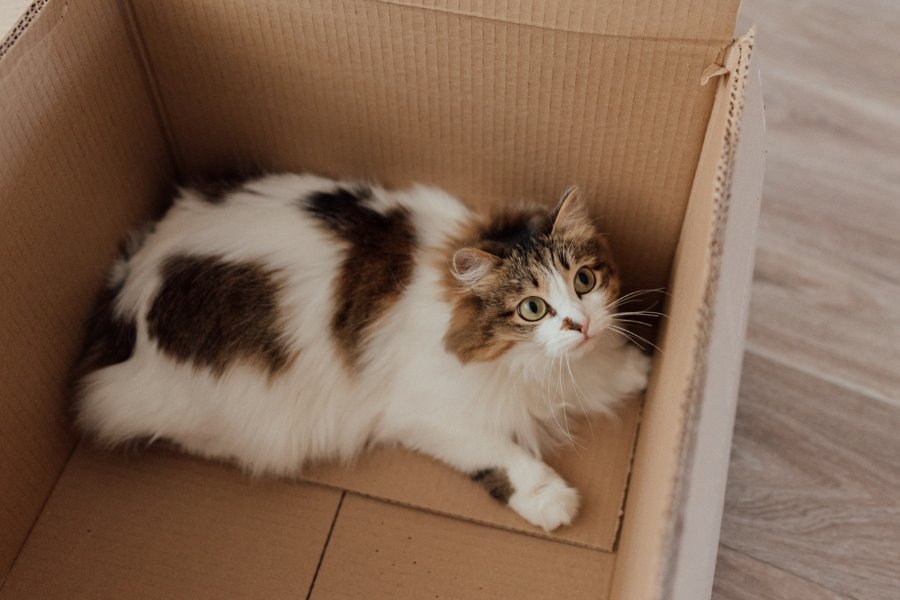
Cats like cleanliness—but also chaos
Cats can be taken out by a bouquet
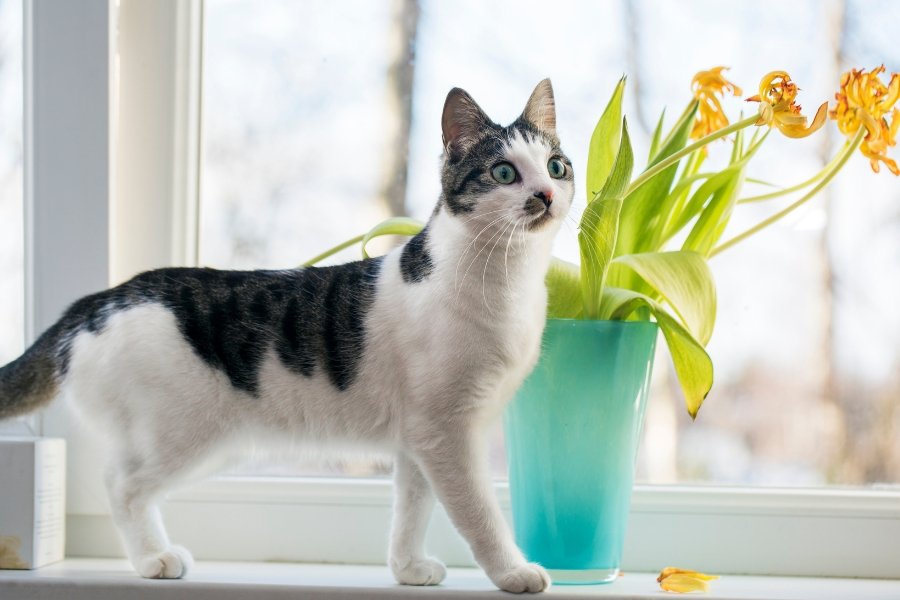
Cats hide their suffering
Cats need their claws
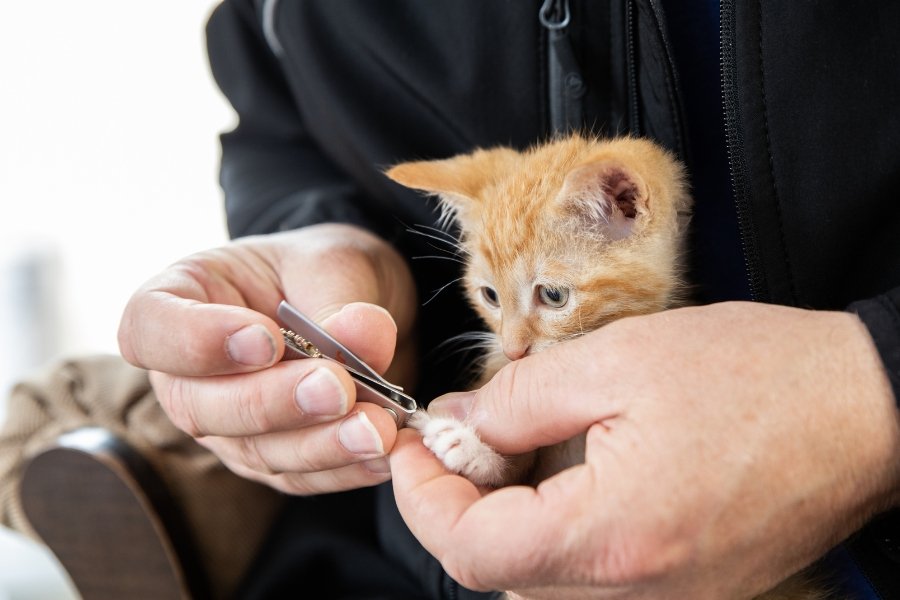
Cats often do better in pairs
Cats should be indoors
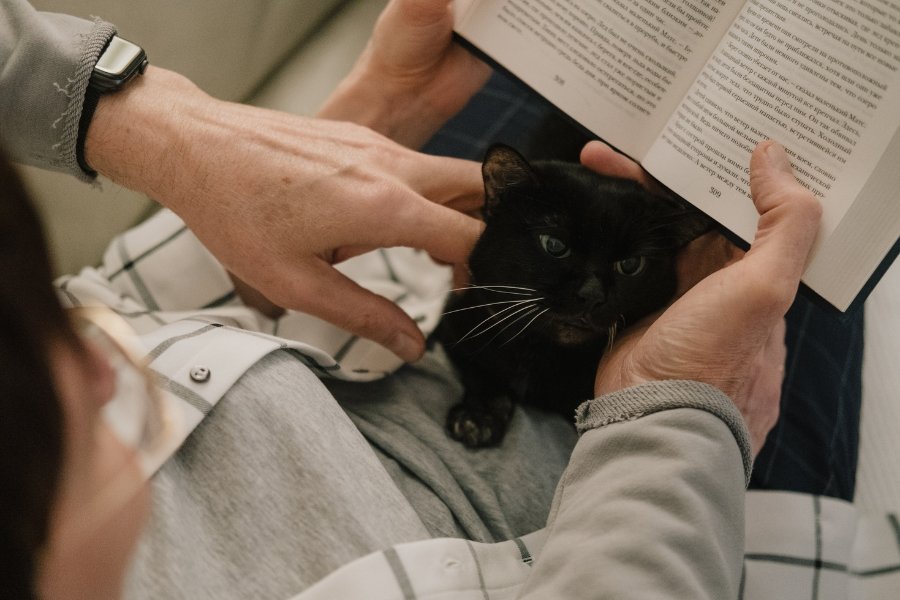
Cats are a commitment

